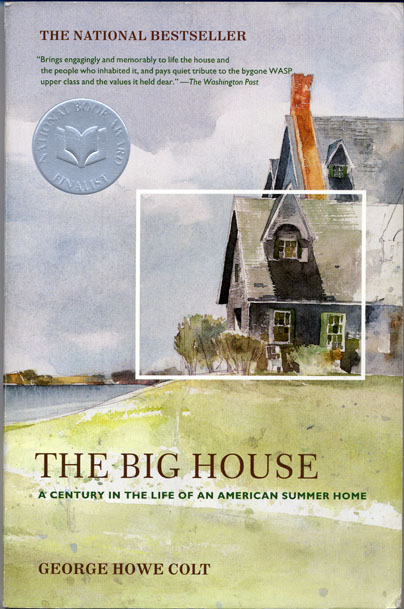Some Summer Reading

Some Summer Reading
By Bruce McKinney
One of the great pleasures of summer is the opportunity to gorge on books. In the year between our last great business, which we sold in 1988 and the current great challenge, AE, there were ten straight years of reading, on average, 50 books a year, which in a few of those years amounted to almost 20,000 pages. I'm still a book person today, much preferring to absorb book length accounts rather than predigested snips that television dishes out, though I now have less time to pursue this passion.
On a trip east this past month I had the chance to read three books over nine days, a reminder of the 10 to 15 book reading orgies I used to engage in during summer vacations. I have always told my children that no one can take from you what you have in your head. Hopefully age and declining memory will not cause me to have to rethink that wisdom. But for once, in a homage to the 1990s and simply for fun, I went on a mini-spree.
The first book shall remain nameless for there was simply nothing to recommend it. I think I wrote better than that in college. I certainly hope I did.
Next comes a worthwhile read. In the book world there has been the ongoing saga of Sotheby's and Christies. True, books are peripheral to these houses anymore but nevertheless those who buy, collect and sell books can claim a relationship to the action and will find "The Art of the Steal" by Christopher Mason interesting. Both organizations are vindicated while their most senior and now former managements are hung from the yardarm, guilty of criminal stupidity, accused and convicted of doing that which the author believes could have been as well done legally and publicly. In great detail the story is worked out. As in Shakespearean tragedy unintended consequences become predictable in the writer's posthumous lens. It's an interesting account. To those many auction buyers who have received refunds for auction commissions paid to Sotheby's and Christies in the 1993-1999 period here is a cogent explanation of why.
These auction houses remain an essential component in the book and manuscript world, selling many of the world's most important printed and historical items. They make the high end cash market and they are needed.